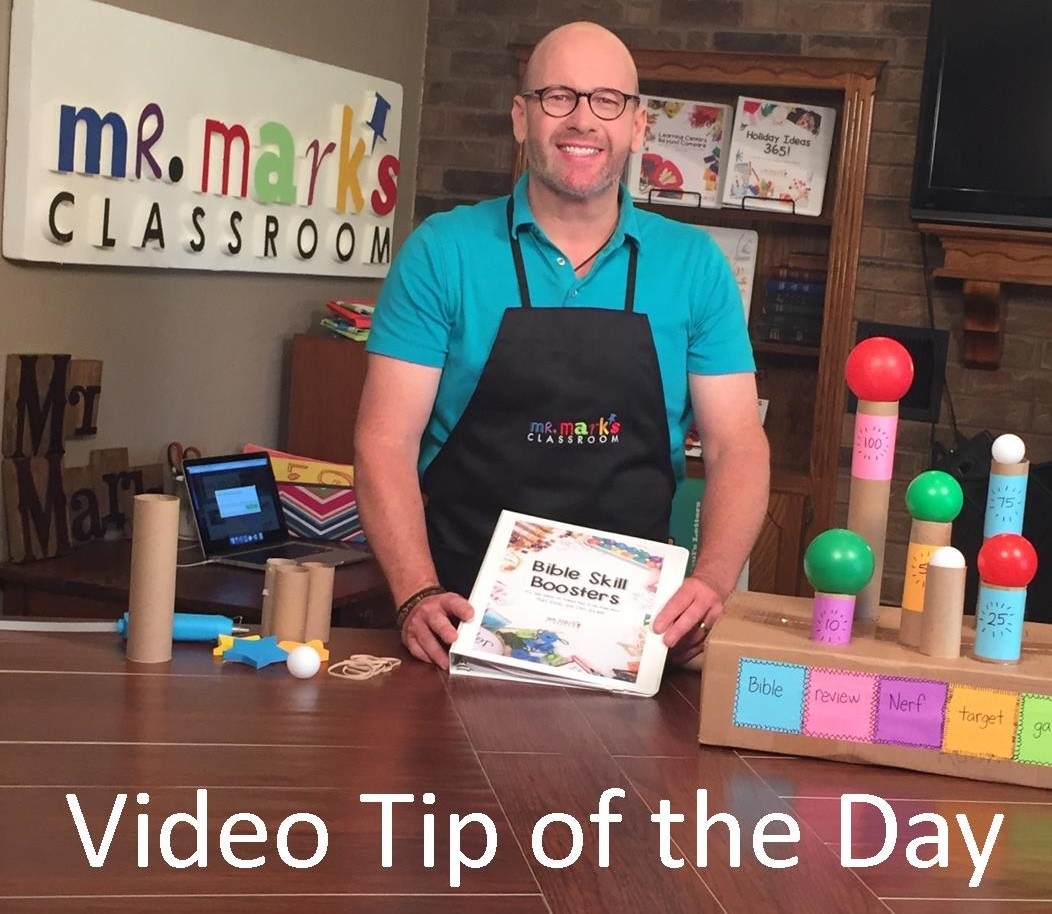I hope you enjoy this great interview with Klista Storts as we discuss some key management skills for teachers to use in an early childhood classroom.
Someone notice me!
Sometimes kids are just seeking attention and will do anything they can to get the teacher to notice them.
- Whatever gets noticed is what continues. Take time to notice the good behavior.
- Give praise when earned.
- Acknowledge the child.
- Rotate roles for fairness.
- Give one-on-one time.
- Have a “Talking Ball” – let the children know that whoever has the “talking ball” in their hands is whose turn it is to talk. Assure them that all will have a chance to talk at some time during group time.
What if they laugh at me?
Some children are afraid of failure. Some will give silly answers to have kids laugh with them instead of at them.
- Set up teams to answer questions and play games.
- Focus on strengths.
- Affirm answers – even when wrong. Say something like: “That’s a good answer. Who else has an answer for me?”
I’m just mad!
Today’s kids often have a reason for being angry. Help them know how to handle it.
- Acknowledge feelings.
- Read non-verbal signs. Be proactive instead of reactive.
- Model good behavior.
- Give them the words to say. Sometimes they just don’t know how to express their feelings.
- Redirect their anger. (Maybe let them pound on some playdough, or the like.)
Let me do it!
Preschoolers are learning independence. Encourage it.
- Give responsibilities. (line leader, snack helper, etc.)
- Offer choices of activities.
- Encourage them to help a friend.
I’ve got the wiggles!
One of the main characteristics of a preschooler is that he’s active. Accept this and you’ve won half the battle.
- Offer active choices.
- Plan transition times with fingerplays, songs, and the like.
- Plan for wiggle busters during “sit down” times.
- Give a stress toy to hold and play with – chenille stem, stress ball
- Don’t suppress who God made them to be.
I’m bored!
Do you have to take some responsibility for their chaos? Did you have enough planned?
- Capture their attention, but also sustain it.
- Stop an activity before it gets old.
- Change up your schedule.
- Vary your teaching methods to match learning preferences.
- Know the age group characteristics and development. Be sure that you’re offering the appropriate level of difficulty.
- Always plan more than you think you’ll need.
I don’t understand.
Remember the age of your children. They’re not little adults.
- State what is expected. Your rules may be different than their rules at home. Or different than what happens in Sunday school or weekday.
- Be clear about what you want. Saying “Don’t run” doesn’t rule out hopping, rolling, or going backwards. Tell them to “Walk in the classroom” to let them know exactly what you’re looking for.

Podcast: Subscribe in iTunes | Play in new window | Download | Embed
Subscribe: Apple Podcasts | RSS





